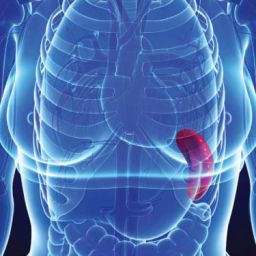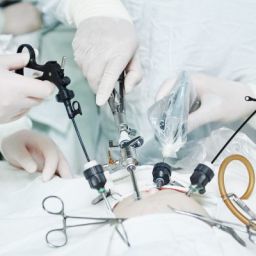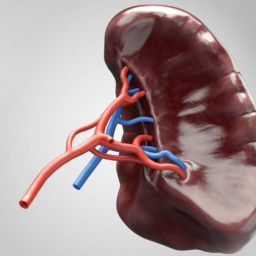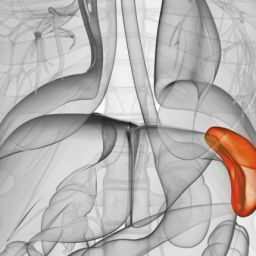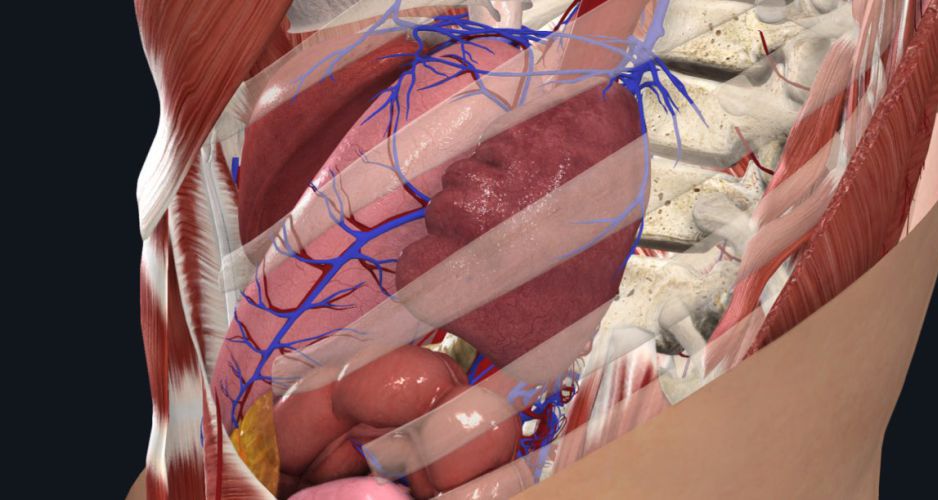
1. Importance of a Balanced Diet Post-Splenectomy
After splenectomy, the body undergoes several changes that require careful nutritional management. Since the spleen is an important organ in immune defense and blood filtration, its removal can leave the body more vulnerable to infections and certain blood-related disorders. A balanced diet is crucial to support the immune system, prevent nutritional deficiencies, and promote overall health. A well-rounded diet provides the body with the necessary vitamins, minerals, and other nutrients to enhance recovery, support organ function, and improve energy levels.
a. Immune System Support
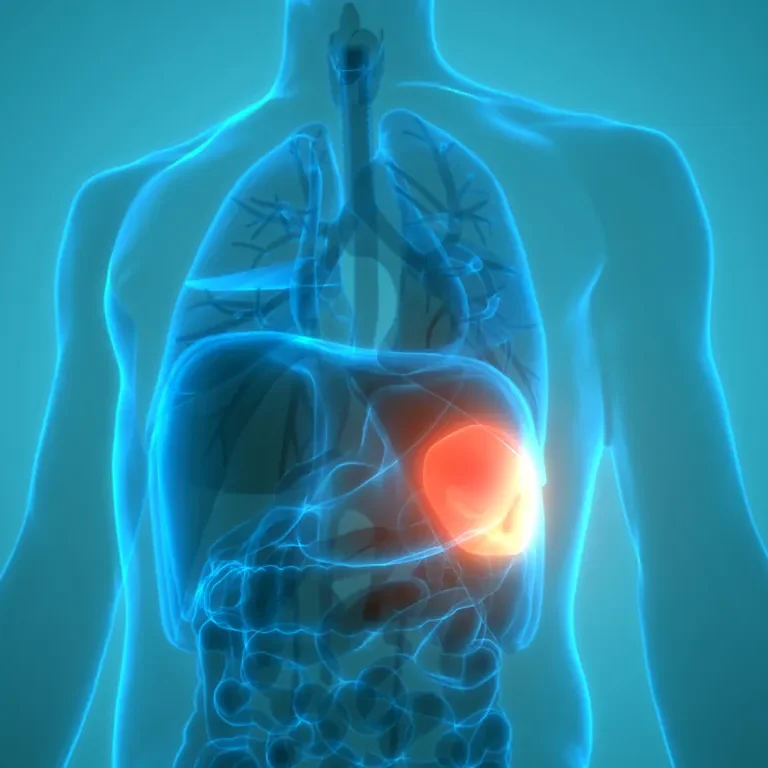
One of the most significant concerns after splenectomy is the heightened risk of infections due to the loss of the spleen’s immune functions. The spleen plays a key role in filtering bacteria and pathogens from the bloodstream and in producing immune cells that fight infections. While other organs, such as the liver and bone marrow, can compensate for some of the spleen’s roles, they do not do so as effectively. Therefore, it is essential to support the immune system through a diet rich in immune-boosting nutrients, such as vitamins A, C, E, and zinc.
Vitamin C, for example, is known to enhance the production of white blood cells, which are vital for immune function. It also helps in the absorption of iron, a critical nutrient for maintaining healthy blood. Consuming vitamin C-rich foods, such as citrus fruits, strawberries, bell peppers, and broccoli, can help support the immune system and promote healing after surgery.
b. Iron and Blood Health
The spleen plays a vital role in filtering and recycling old red blood cells. After its removal, the body must rely on the bone marrow and other organs to manage red blood cell production and iron regulation. This can lead to iron deficiencies and anemia if not properly addressed through diet. Iron is essential for producing hemoglobin, the protein responsible for carrying oxygen to the body’s tissues.
To prevent iron deficiency after splenectomy, it is important to include iron-rich foods in the diet. These include red meat, poultry, fish, lentils, spinach, and fortified cereals. For better absorption, iron-rich plant foods should be paired with vitamin C-rich foods, as vitamin C helps enhance the body’s ability to absorb iron from plant sources.
c. Protein for Tissue Repair
Protein is another critical nutrient for individuals recovering from surgery. After splenectomy, the body needs additional protein to repair tissues, rebuild muscle mass, and support overall healing. Consuming high-quality protein sources, such as lean meats, poultry, fish, eggs, dairy products, legumes, and nuts, will help support recovery and immune function.
2. Managing Infections through Diet
As previously mentioned, the loss of the spleen increases the risk of infections, particularly those caused by encapsulated bacteria like Streptococcus pneumoniae, Haemophilus influenzae, and Neisseria meningitidis. While antibiotics and vaccinations are important preventive measures, diet also plays a role in enhancing the body’s defense mechanisms against infections.
a. Probiotics for Gut Health
The gastrointestinal tract plays a key role in the body’s immune defense. Probiotics are beneficial bacteria that help maintain a healthy gut microbiome, which is essential for the immune system’s function. Including probiotic-rich foods, such as yogurt, kefir, kimchi, sauerkraut, and other fermented foods, can help support gut health and improve the body’s immune response.
In addition to probiotics, prebiotics—found in foods like garlic, onions, asparagus, and bananas—can help nourish the beneficial bacteria in the gut, promoting a balanced microbiome that supports immune function.
b. Hydration for Immune Function
Staying hydrated is essential for overall health, particularly for immune function. Dehydration can impair the body’s ability to fight off infections and maintain healthy blood circulation. Drinking plenty of water, herbal teas, and other fluids is vital after splenectomy to support the body’s natural defenses and promote healing. Adequate hydration also helps prevent constipation, a common issue after surgery.
3. Avoiding Certain Foods
After splenectomy, there are certain foods that patients may need to avoid or limit in their diet to minimize the risk of complications and ensure a smoother recovery.
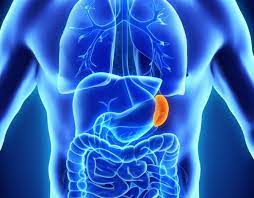
a. Raw or Undercooked Foods
Due to the increased risk of infections, it is advisable to avoid raw or undercooked foods, particularly meat, eggs, and seafood, as these can harbor harmful bacteria. Raw vegetables, unpasteurized dairy products, and foods that may be contaminated should also be avoided. Proper cooking and food handling are crucial to prevent foodborne illnesses, which can be particularly dangerous for individuals without a spleen.
b. High-Sodium Foods
Excessive salt in the diet can contribute to high blood pressure and fluid retention, both of which can hinder recovery after surgery. Processed and packaged foods, such as canned soups, fast food, and salty snacks, should be limited. Instead, focusing on fresh, whole foods and using herbs and spices for flavoring can help manage sodium intake.
c. Foods High in Saturated Fat
A diet high in saturated fats can contribute to poor cardiovascular health, which is especially concerning after splenectomy. Patients should avoid excessive consumption of fried foods, fatty cuts of meat, full-fat dairy products, and processed snacks. A heart-healthy diet, rich in healthy fats from sources like avocados, olive oil, nuts, and seeds, is recommended to support overall health and recovery.
4. Supplementation and Special Considerations
In addition to a balanced diet, individuals who have undergone splenectomy may benefit from certain supplements to ensure they are meeting their nutritional needs. This is particularly important for patients who have difficulty absorbing nutrients or those who are at risk of deficiencies.
a. Iron Supplements
As mentioned earlier, the spleen is involved in the recycling of iron from old red blood cells. After splenectomy, the body may have difficulty managing iron levels, which can lead to iron deficiency anemia. Iron supplements, either in the form of pills or liquid, can help prevent or treat iron deficiency. However, it is important to take these supplements under the guidance of a healthcare provider, as excessive iron intake can lead to other health problems, such as iron overload.
b. Vitamin B12 and Folate Supplements
Vitamin B12 and folate are both essential for red blood cell production and overall blood health. While these nutrients are typically abundant in animal-based foods, patients who have dietary restrictions or who struggle to absorb nutrients may need to take supplements. Vitamin B12 injections or oral supplements are common for individuals who need additional support in maintaining adequate B12 levels.
c. Probiotic Supplements
In addition to consuming probiotic-rich foods, some individuals may benefit from probiotic supplements, particularly if they have digestive issues or have been on antibiotics post-splenectomy. These supplements help restore the balance of healthy bacteria in the gut, which can enhance immune function and digestive health.
5. Meal Timing and Frequency
In the post-splenectomy period, meal timing and frequency can have a significant impact on recovery. Eating smaller, more frequent meals throughout the day is often recommended to support energy levels and optimize digestion. This approach can also help prevent bloating and discomfort that may occur after larger meals.
a. Small, Balanced Meals
Post-splenectomy patients may find that their digestive systems are more sensitive in the early stages of recovery. To avoid overloading the digestive system, eating smaller meals that are rich in essential nutrients—such as lean proteins, healthy fats, and fiber—is beneficial. This approach ensures that the body gets the nutrients it needs while reducing the burden on the digestive tract.
b. Avoiding Heavy Meals Before Bedtime
Eating large meals close to bedtime can disrupt sleep and may contribute to digestive discomfort. It is advisable to finish the last meal of the day at least 2-3 hours before bedtime to allow the body time to properly digest the food.
6. Monitoring Weight and Nutritional Status
Maintaining a healthy weight and monitoring nutritional status after splenectomy is essential for recovery. Some individuals may experience weight loss or gain as a result of changes in metabolism, appetite, or physical activity levels following surgery. Regular check-ups with a healthcare provider, including nutritional assessments and blood tests, can help ensure that patients are on track to meet their nutritional needs and maintain optimal health.


